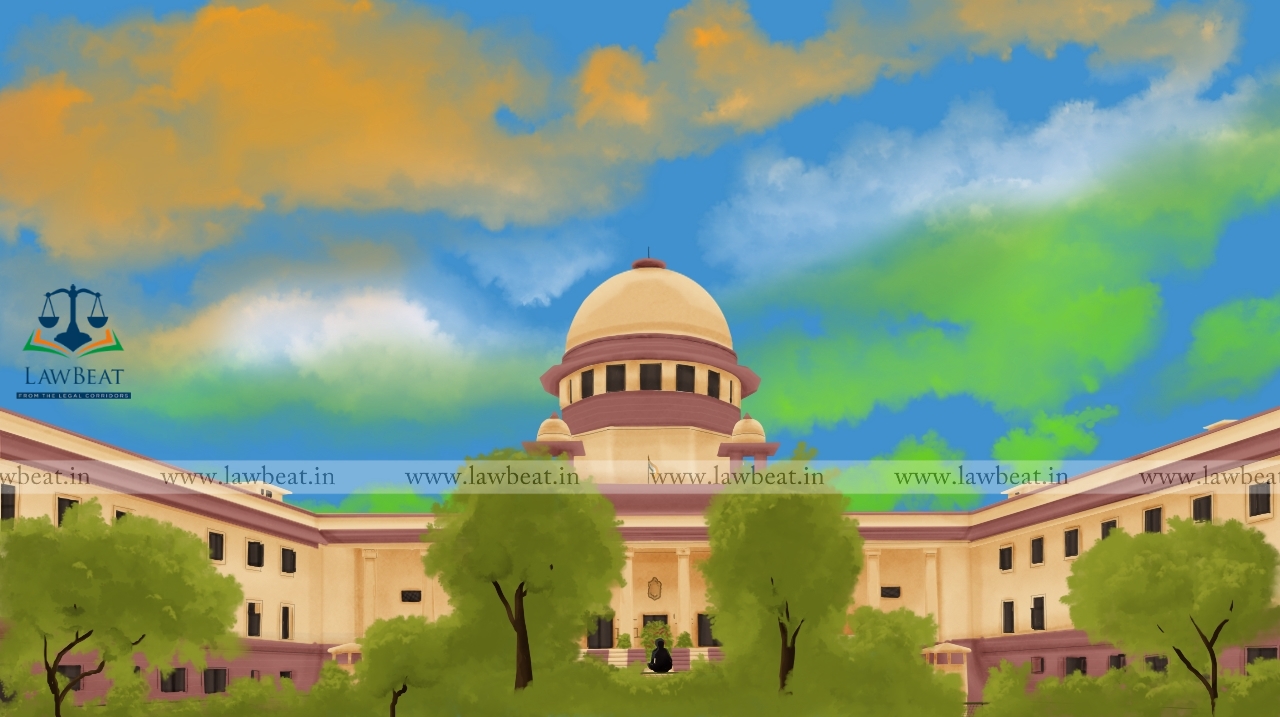'Cardiomyopathy' May Prevent Person From Performing Sea Service Not An Impediment Performance Of Other Duties: Supreme Court

The Supreme Court has held that Cardiomyopathy (a heart ailment) will not fall under definition of "Disability" in terms of the Rights of Persons with Disabilities Act.
While dismissing the petition seeking disability compensation against a heart ailment sought by a Seaman. a three judge bench of Justice Sanjay Kishan Kaul, Justice Dinesh Maheshwari and Justice Hrishikesh Roy held, “Merely because of the beneficial objective, the clear expression in the agreement must not be ignored to give another meaning which could not have been the intention or the understanding, of the contracting parties.”
The appellant had challenged the Judgment dated 26.03.2019 delivered by the Hon’ble High Court of Patna wherein it rejected the seaman’s claim for disability compensation under clause 21 of the National Maritime Board Agreement and further endorsed an order dated 07.10.2011 by the Shipping Corporation of India (SCI). As per the said order, only severance compensation was payable to the appellant as his case was not of accidental injury caused during duty on vessel.
Senior Counsel, Mr. V. Chidambresh argued that as per the aforementioned agreement, a seaman is entitled to 100% disability compensation under clause 21. Further, Dilated Cardiomyopathy or heart’s reduced blood pumping capacity, should be understood as an internal injury covered by Clause 5.9.F (ii) of the Agreement which speaks of “A rating on being medically unfit for sea service at seas as a result of injury whilst in employment”. The term injury should be construed as anything impairing the health of the appellant which may or may not be manifested externally.
Mr. Shiv Kumar Suri, Counsel for the Shipping Corporation submitted that the seaman never suffered any accidental injury during the sea voyage and since the disability compensation is restricted only to cases of incapacitation resulting from injury during the voyage, the claim for disability compensation was rightly rejected by the High Court and the SCI authority. Counsel further highlighted that the claimant’s heart condition does not fall within the contours of an “injury” for the purpose of Clause 5.9. F(ii).
Mr. Vikramjit Banerjee, learned ASG contended that there is no connection as such between the claimant’s medical condition with the nature of employment he is into. Unless a proximate connection is established between a seaman’s work and his medical condition alleging disability, compensation cannot be allowed.
Pursuant to its decision, Court reproduced Clause 21 of the Maritime Board Agreement and observed, “100% compensation is payable to a seaman under Clause 5.9. F (ii) in a situation where a seaman is found medically unfit for sea service, as a result of injury, while in employment. But it is not the case of either side that the appellant had suffered any accidental injury in course of his engagement in the sea vessel.”
It was further said that applying broad interpretation in the context of the specific expression in the agreement would defeat the intent of the agreement between the parties.
Furthermore, with respect to the interpretation adopted by the High Court, it was noted, “Clause 21 applies to a case of total disability but this is not a case of 100% disablement. To say it another way, the Dilated Cardiomyopathy condition may prevent the man from performing sea service but the same will not be an impediment for him to perform other jobs. With this interpretation, the High Court held that only severance compensation under Clause 25 is payable for the seaman.”
With respect to the appellant’s argument that his condition should be understood as a disability under the Disability Act, Court referred to Section 2(i) which enumerates several kinds of disabilities, namely; visual disability, locomotor disability, mental illness, mental retardation, hearing impairment and leprosy. The Bench observed, “A heart ailment is not covered within the definition of disability in the Act and we would hesitate to import words, which the legislature chose not to, in their definition of disability.”
Conclusively, it was held, “To secure coverage of Clause 5.9.F (ii), the incapacity must relate to injury being suffered whilst in employment. In the present case, the appellant never claimed to have suffered any injury during his ship duty. Moreover, the impaired heart function cannot reasonably be attributed to his nine month engagement. In such circumstances, although the seaman commenced his engagement with a fitness certificate, it would be unreasonable, in our view, to relate the medical condition of the appellant as having causal connection with his sea voyage engagement.”
Case Title: Nawal Kishore v. Union of India | Civil Appeal No. 150 of 2021
